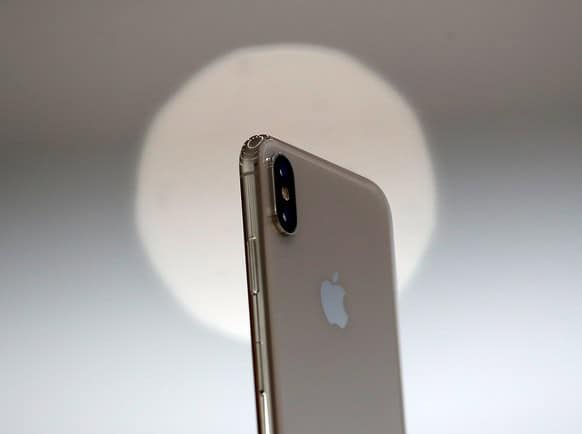You have numerous apps that take access to hardware on your mobile devices as you install them. Apps such as WhatsApp, Facebook, Snapchat, Instagram, Twitter, LinkedIn, Viber might do a lot on their own even without you knowing. Felix Krause in 2017 had reported “the app that is running in the foreground, can access both the front and the back camera and can record you at any time. It can also snap pictures and videos without telling you and upload them.”
In addition to this, the hackers can access your device via apps, PDF files, multimedia messages and even emojis. An application, Metasploit on the ethical hacking platform Kali uses an Adobe Reader 9. The hacker can alter the PDF with the program by sending a malicious file to the user. Once they open it, the hacker can have total control over user’s device remotely.
What can all happen, if your device is controlled by someone else:
A report published in The Guardian says hackers may instal whatever software/app they like on the user’s device and their passwords do not remain safe. Their important documents can be stolen and incriminating images or documents may be sent to their PC. To make the matter worse, police can be notified.
As a precautionary measure, one needs to analyse what does an app ask for. Does an app like LinkedIn really require camera access? Does Twitter need microphone access? You may cover your cameras with tape and plug out your microphone once you’re not using these apps. Because you don’t know what can be done to your device.

